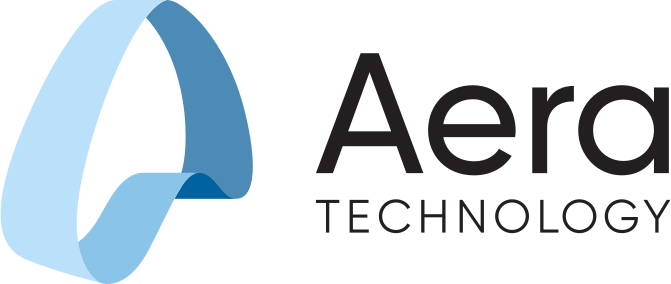A Bigger Lever: How Decision Intelligence and Planning Solutions Work Together

The philosopher Archimedes famously said, “Give me a lever and a place to stand and I will move the Earth.” Today, many people use this quote as a way to say that with the right tools, no challenge is too big to overcome.
For decades, Advanced Planning Systems (APS) were powerful enough tools to address many planning challenges. They give manufacturers a better understanding of resource requirements so they can make more efficient use of their raw materials and production capacity. With APS, companies were able to improve customer service and achieve a higher level of profitability.
Yet today, the best planning solutions aren’t equipped to keep up with the pace of disruptions, or the volume of decisions that must be made each day to adjust plans to changing realities. The supply chains that were created in an era of globalization and growth have been tested by one black swan event after another.
Today, supply chain planners and analysts are challenged to manage shorter planning cycles while responding to higher volumes of exceptions than ever before. Even though the APS is good at solving planning problems and making tactical decisions, the sheer volume of decisions that teams have to address has grown exponentially. And these challenges cannot be addressed solely by planning solutions – they’re requiring companies to rethink decision making across the enterprise.
It’s time to arm planning professionals with a more powerful tool to address the larger challenges they face today.
Decision Intelligence Makes Smarter Supply Chains Possible
A Decision Intelligence platform doesn’t replace planning software, but rather augments and extends the capabilities of today’s APS and other enterprise technology. To fully understand the impact Decision Intelligence has on supply chains, consider the six levels of supply chain technology support we can map to solutions today:
- Descriptive: End-to-end visibility of supply chain performance – KPIs, reports, and dashboards provide insights for planning teams
- Reactive: The solution provides alerts on events that did or didn’t take place across the supply chain, both internally and externally – for example, an alert on a delayed shipment
- Diagnostic: When those alerts are triggered, the solution performs an automated root cause analysis of performance issues
- Predictive: The solution analyzes data in real time to predict a future state of affairs and provide proactive, instead of reactive, alerts – e.g., risks of stockouts or potential shipment delays
- Prescriptive: Based on those analyses and predictions, the solution recommends specific steps to improve supply chain performance – e.g., dealing with a potential stockout by moving inventory from one DC to another, or expediting a shipment to avoid a predicted delay
- Decision Automation: The solution acts on parameters set by the business, not only choosing the best course of action, but implementing it automatically to improve supply chain performance.
Many solutions can only help planners understand the data at hand and provide reactive alerts for general situations. For specific use cases, some advanced planning solutions operate at the third level, providing root cause analysis when problems are detected.
However, an APS is not designed for full decision automation. By contrast, Aera Decision Cloud™ is purpose-built to augment and automate decision making in real time, for planning and many other business functions. It delivers the full promise of Decision Intelligence by enabling all six of those levels – in effect, becoming a virtual member of the planning team, analyzing data and making recommendations or executing decisions in real time.
From Triage to Tactical Agility
Shorter planning cycles, more exceptions, and continuous “firefighting” have left planning teams unable to address the exponential increase in decisions that must be made. Decision Intelligence empowers planners to overcome these decision-making challenges – freeing them to move away from focusing on exceptions and decision triage to more strategic and higher-value decisions.
Aera Decision Cloud not only enables decision support, augmentation, and automation at scale – it provides additional capabilities automating executional decisions that other solutions are not designed to address. The ability to automate decisions creates a new source of competitive advantage.
Decision Intelligence changes the traditional view of enterprise planning by not only highlighting past or potential issues, but by making recommendations and automating horizontal collaboration. Many companies can leverage the capabilities of today’s best planning solutions for essential IBP and SOP planning, as well as supply planning – with Decision Intelligence providing enhanced planning capabilities like demand forecasting and sensing, inventory, and procurement functions.
In this way, planning teams can keep pace with today’s volume and speed of decision making, and companies can plan and execute more quickly. All it takes is giving today’s planning professionals the right tools to change the game.
Watch our on-demand webinar, "How Decision Intelligence Connects Planning and Execution to Manage Disruption," and learn how Aera Decision Cloud complements, enhances, and extends planning capabilities – making companies more agile in the face of disruption.







